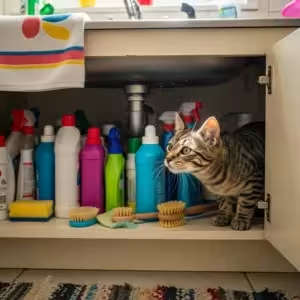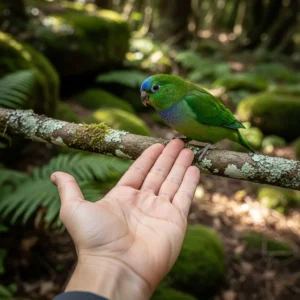
Small Mammals: Quiet and Contained Companions
For seniors who prefer a furry companion that is not a cat, small mammals can be a delightful choice. Their care is contained to an enclosure, their exercise needs are minimal, and they are generally very quiet. This makes them well-suited for apartment living or for individuals who cannot manage the care of a larger animal.
One important factor to consider is their shorter lifespans. For some seniors, a pet that lives for 2 to 8 years is a perfect length of commitment. For others, the more frequent loss can be emotionally difficult. This is a personal consideration that should be thoughtfully weighed before bringing a small pet home.
Exploring Your Options: Guinea Pigs, Rabbits, and Hamsters
Guinea Pigs: These gentle rodents are wonderful companions. They rarely bite, are active during the day (diurnal), and communicate with a charming array of soft squeaks, purrs, and whistles. Guinea pigs are highly social and should be kept in bonded, same-sex pairs or groups to prevent loneliness. Their care requires a large, single-level cage with a solid bottom, an unlimited supply of fresh timothy hay for their digestive health, and a daily source of vitamin C, typically provided through specialized pellets and fresh vegetables like bell peppers.
Rabbits: Rabbits are intelligent, complex animals that can be litter-trained and form deep bonds with their owners. They are not low-maintenance pets. They require a large, “bunny-proofed” space for exercise, as they can be destructive chewers. Their diet consists mainly of hay, and they need care from a veterinarian who specializes in exotic pets. Rabbits have delicate spines and must be handled with extreme care to prevent serious injury. With a lifespan of 8 to 12 years, they are a significant long-term commitment.
Hamsters: Syrian hamsters, which must be housed alone, are a popular choice. They are nocturnal, meaning they are most active at night, which could be disruptive for light sleepers. Their small size means their habitat takes up minimal space. While some can be tamed with gentle handling, they can be quick to nip if startled awake. Their very short lifespan of 2 to 3 years is an important factor for prospective owners.















